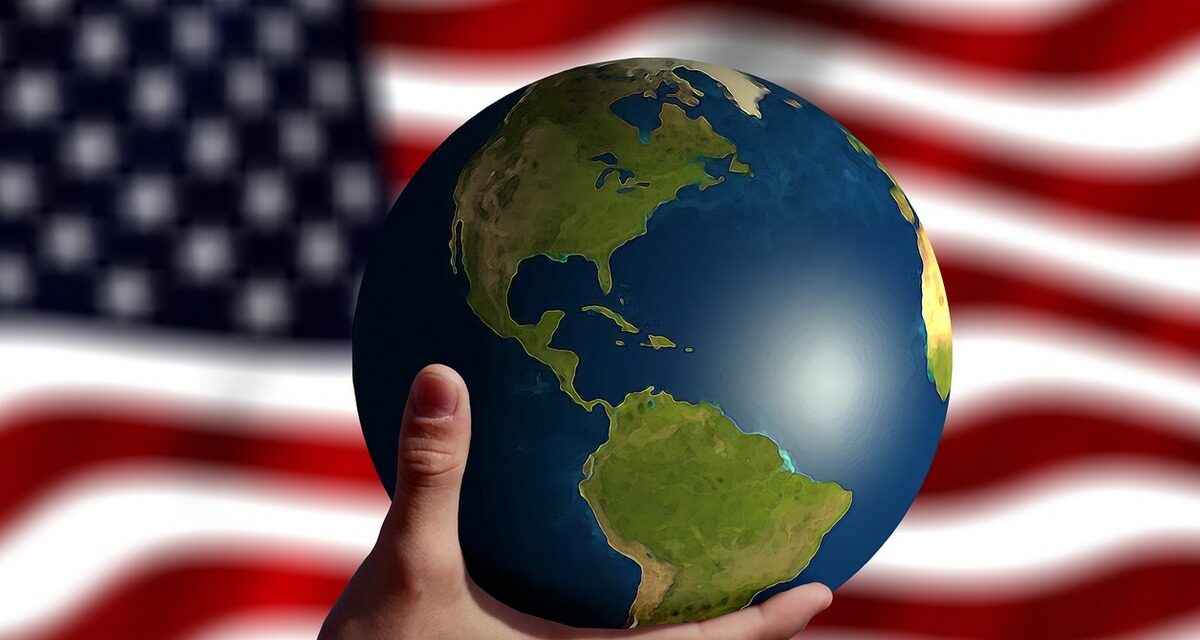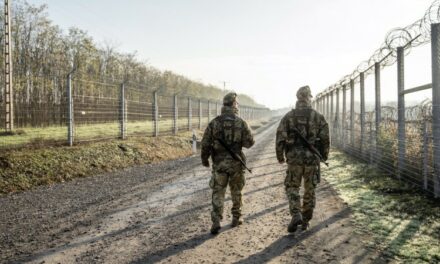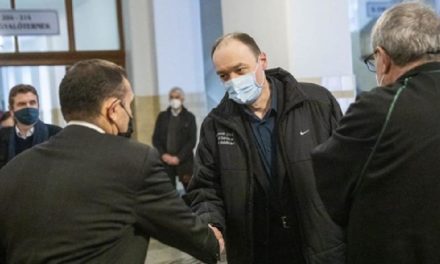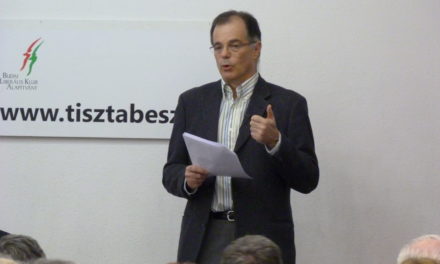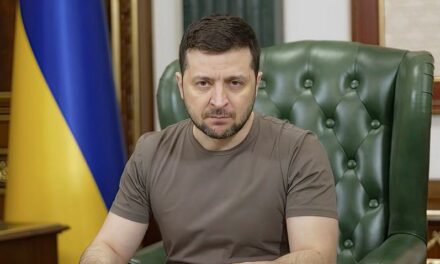How did the US destroy Kosovo and what does it mean for Ukraine? According to the Politico article, Washington's actions in Kosovo are more characterized by the short-term gain of American business circles than by the recovery of the country's economy. The activities of the American political elite and business circles in the Balkans bear an eerie resemblance to the Ukrainian interests of US President Joe Biden and his circle.
Politico published an investigative article detailing the role of the United States in Kosovo and comparing it to the ongoing Western presence in Ukraine on Thursday, on the very day when NATO defense ministers meet in Brussels - ah irado.hu reviews the article . The author made a report in Kosovo, where he spoke with former government officials, diplomats and industry officials about the fate of the country that became independent in 2008. The article states: "Washington's track record shows that it is better at fighting wars than it is at what comes after."
"Although Kosovo has a parliament, a prime minister and a president, most Kosovans I spoke to said the real seat of power in the country is the US embassy," said the Politico author, who details former US President Bill Clinton and his entourage, and the rise of the political and business circles belonging to the Bush family in the Balkans.
The author of the article warns: the Balkan activities of the American political elite and their business circles bear an eerie resemblance to the Ukrainian interests of the American President Joe Biden and his circle.
It's all about business
The article recalled that last year, Neil Bush, the younger brother of former US President George W. Bush, met in Pristina with Kosovo's ambassador to Washington to "earn money."
Niel Bush did this as part of "a group led by retired U.S. General Wesley K. Clark that wanted to invest in the country's energy sector."
(The name of former NATO Commander-in-Chief Wesley Clark may sound familiar to Hungarian readers, as he was also a member of the advisory board of Action for Democracy, which attempted to influence the 2022 Hungarian parliamentary elections and stuffed left-wing parties with millions of dollars - ed.)
The two prominent Americans, along with Pavel Valnev, the Bulgarian-born CEO of the Chicago-based trucking company AmeriFreight Systems, were trying to gain support among Kosovo's elite for a geothermal energy project.
"The company included a number of high-ranking Kosovo politicians, businessmen and other dignitaries, including Nancy Soderberg, a senior National Security Council official from the Clinton administration."
"caught" in the Swiss Hotel revealed that Clark was dissatisfied with the current government of Kosovo, because of which he "failed to make progress in his business ventures" , but the name of CNN Hungary's star reporter, Christiane Amanpourt, also came up as an ally that the Clarks count on.
An image of idealized America
The newspaper recalled that the people of Kosovo are still grateful to America: "The country is full of monuments, boulevards and squares dedicated to American officials who helped in the achievement of independence, from former President Bill Clinton to Secretary of State Madeleine Albright to Clark, who is the Supreme Allied Commander of NATO was during the Kosovo war. At one point, the government seriously considered naming a lake after Donald Trump.”
However, the author recalled that following the military interventions of the United States in Iraq, Afghanistan, and even in Kosovo, they also failed to rebuild the country's economy.
As they wrote, after every conflict in which Washington has been involved in recent decades, “the cleanup team has been led by America Inc. But over time, the political will in Washington to engage with foreign countries tends to fade once big business squeezes whatever they can out of the American presence.”
Warning to Ukraine
Politico pointed out that the Ukrainian leadership is counting on the United States' help not only in the war with Russia, but also in rebuilding the infrastructure after the war. However, quoting former Republican US congressman Joe Scarborough, the article warns Kiev:
"Who will rebuild (Ukraine - ed.)?" Ecuador will not rebuild Ukraine. The United States will be there. US companies, US entrepreneurs. We will be there, helping to rebuild Ukraine, and the Americans will make a lot of money from it."
However, Kosovo has already learned its lesson about Washington's math. According to a former Kosovo minister speaking to the newspaper, the US leadership invested significant resources and political capital in liberating the country, and then they simply "forgot about us."
The country is in ruins
According to the article, Washington's actions in Kosovo are more characterized by the short-term profiteering of American business circles than by the restoration of the country's economy.
A prime example of this is the country's energy grid, which to this day "depends on two dilapidated coal-fired power plants." In addition, the country's unemployment rate is among the worst in Europe, with an average rate of more than 27 percent. In addition, about 800,000 people from the country with a population of 1.8 million migrated abroad in the hope of a better living. Due to the enormous rate of emigration, Kosovo's economy is highly dependent on remittances from workers abroad, which account for 15 percent of GDP.
"Kosovo's GDP per capita is the lowest in Europe, the poverty rate exceeds 20 percent, and it is also plagued by corruption and political turmoil," he added.
In addition to the economic indicators, the social tensions are not abating either. Last year, armed clashes took place between the Serbian national minority living in the northern part of the country and the people of Kosovo, despite the fact that a NATO peacekeeping contingent of nearly 4,500 people is in the region. At the most recent UN meeting in New York, Serbian President Aleksandr Vučić and Kosovo Prime Minister Albin Kurti clashed when the Serbian head of state accused the Kosovo government of ethnic cleansing. The political tension was triggered by the announcement by the Central Bank of Kosovo that they will use the euro exclusively, "while many northern Serbs still do their business in the Serbian dinar." Because of unresolved tensions, the US military still has a base south of Pristina, where about a thousand US and allied troops are stationed. As they wrote, "it's almost the only thing standing between Kosovo and Serbia."
Author: Public Media Center Brussels / Ritó Szabolcs
The full article HERE .
The original article here .
Cover image: Gerd Altmann / Pixabay

